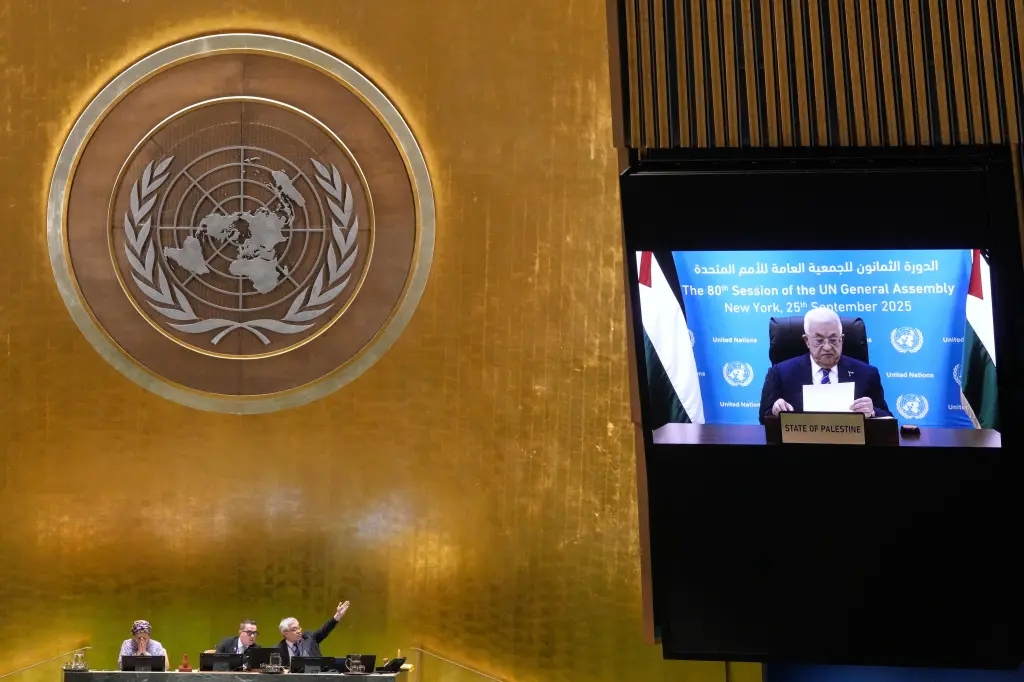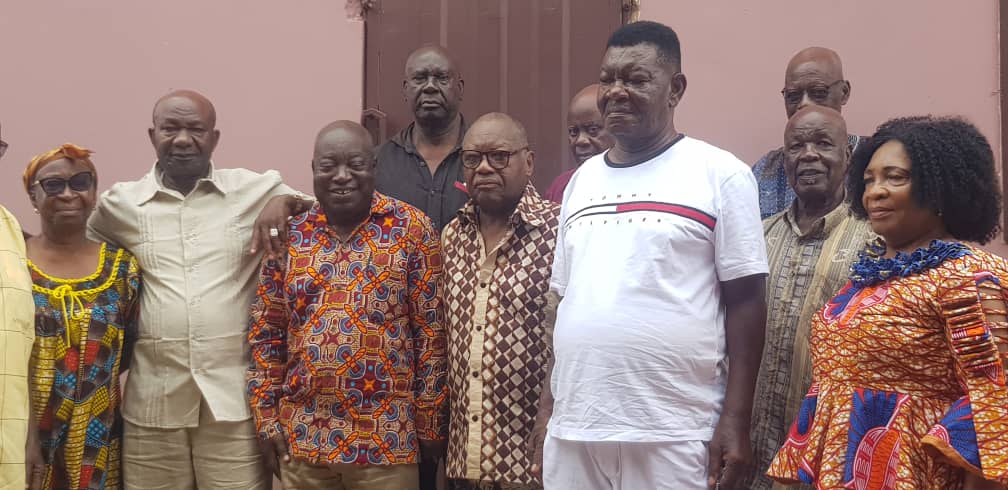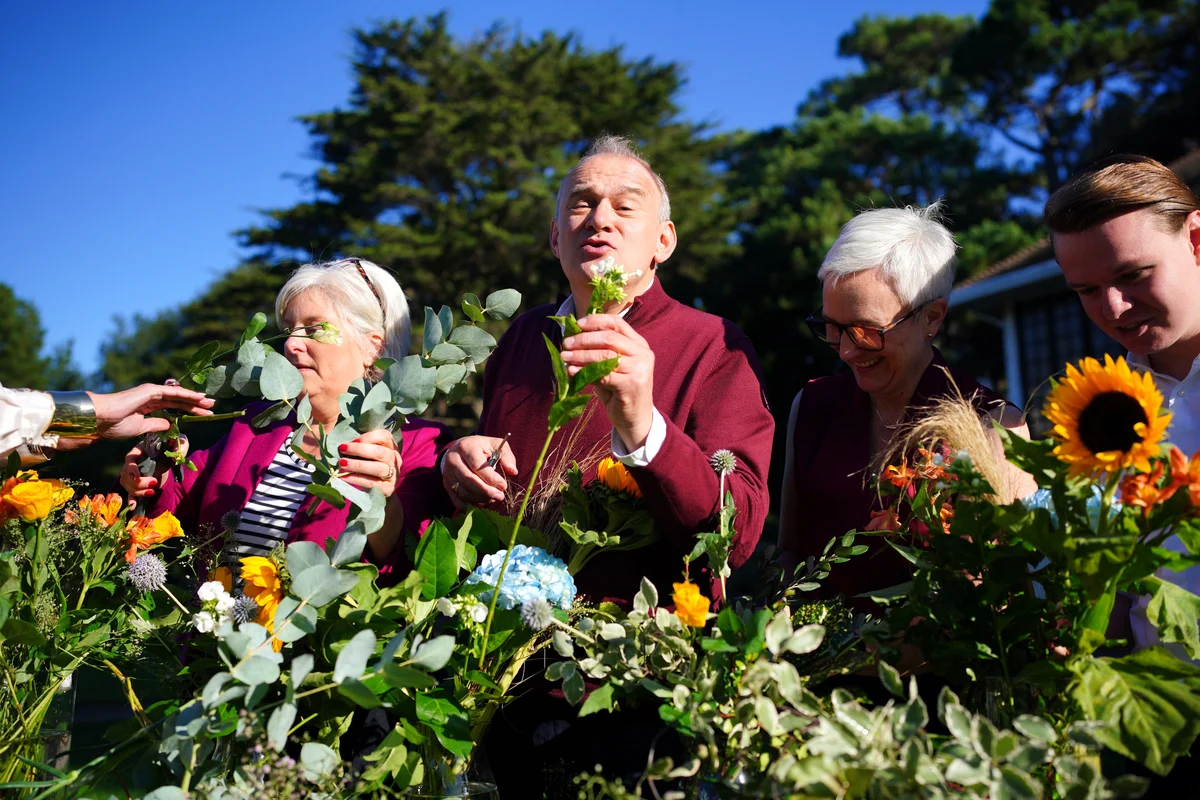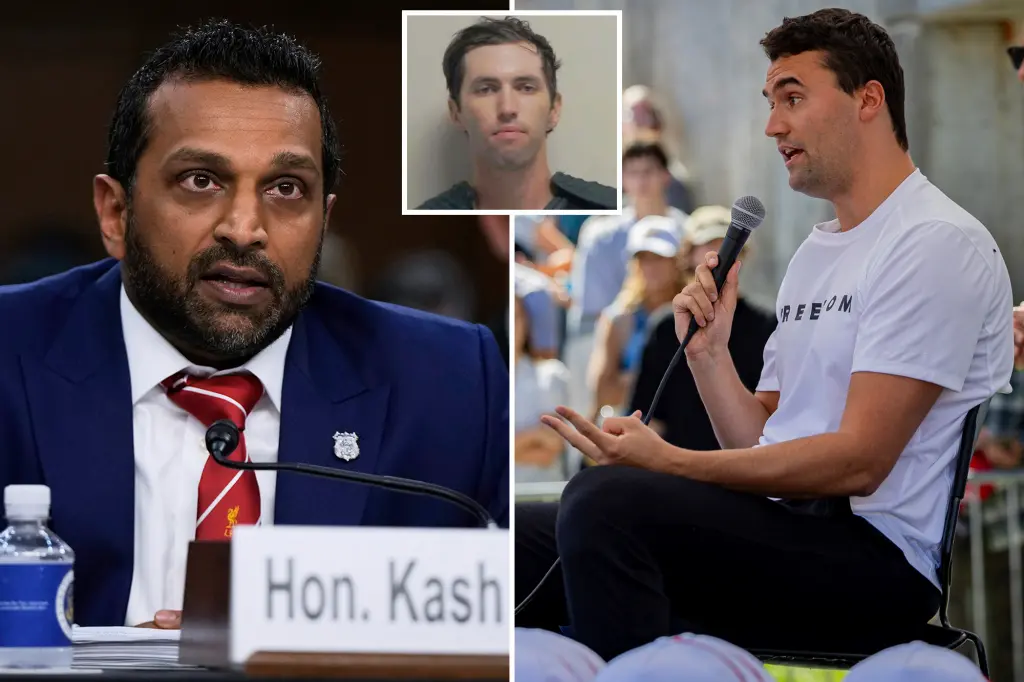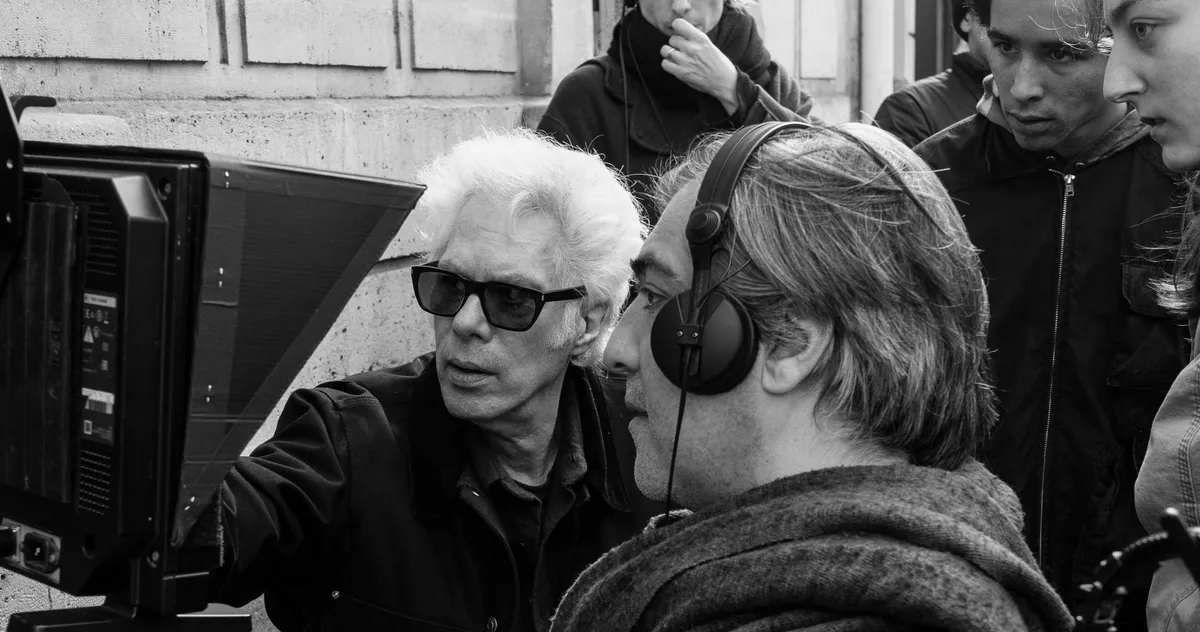
Nobody, not even Jim Jarmusch himself, seemed to think his latest, Father Mother Sister Brother, had a shot at winning the Golden Lion at the Venice Film Festival earlier this month. Not because the film wasn’t terrific — it was — but because it was so modest, minimalist, and odd, a true curiosity amid an awards-season-friendly lineup of big titles defined by their ambition and/or their hard-hitting urgency. But Jarmusch’s quiet little picture, which consists of three distinct episodes focusing on the relationship between siblings and their parents, has a way of sneaking up on you and of growing in the mind. Its awkward silences and spare, unaffected performances seem puzzling at first, but the whole thing gathers fascination and power as it proceeds toward its deeply moving final moments; it’s a delight to experience with an audience. It’s also a hard movie to stop thinking about, and it represents a triumphant return for the director, whose last feature was 2019’s divisive (and highly topical) zombie comedy-thriller-adventure The Dead Don’t Die. It’s a return to basics for him, too: Father Mother Sister Brother has the wry, deadpan quality of the classics that originally put Jarmusch on the map, like Down by Law (1986) and Stranger Than Paradise (1984); its omnibus structure also echoes beloved films like Mystery Train (1989) and Night on Earth (1991). The movie will be the Centerpiece screening of the New York Film Festival. Talking about it, Jarmusch insists he “wasn’t trying to say anything about the family or really about anything.” And yet, somehow, he has.
You’ve said in the past, “I’ve always tried to use limitations and look at them as strengths.” Father Mother Sister Brother really feels like a film born out of limitations. Was that how it originated?
It’s definitely very much limited. Let’s just be straight up: It has no action, no violence, no drama, no nudity, no sex. Almost none of the things we are sort of trained to expect. And what’s left is something very observational, minimal. It’s still cinematic because it is a film and it has its own musical rhythm, and it has wonderful, wonderful performances by my amazing actor colleagues. But, yes, it’s very much born out of limitations.
But all of my stuff comes from disparate things. I always collect details for a long time, even a number of years, before I actually focus on writing the script — which I do quite quickly, usually in about a month. This one kind of started with a very vague idea: Gee, I think Tom Waits and Adam Driver, both of whom I’ve worked with quite a bit, would be very interesting as a father and son. I’d like to accentuate the differences in their characters — not in them as people, but the characters I was imagining. I’m also sort of a Jeopardy nerd, and Mayim Bialik was a host on Jeopardy! I guess she’s famous as a TV actor, but I honestly had not seen her TV work as an actor. Really, she was my favorite host on Jeopardy! Whenever Mayim was on, I’d be like, “Okay, okay. Let’s see. I wonder what she’s wearing. What her style is.” I just loved her presence. I started imagining a tangential version of Mayim on Jeopardy! as the sister of Adam and Tom being their father. While sort of sketching ideas for that, the other ones started coming to me, of having Vicky Krieps and Cate Blanchett together as sisters also being quite different. Charlotte Rampling, who was just incredible, became their mother. And then the third story: Paris has always been the second-most important place in my life after New York City. And I had worked with both Indya Moore and Luka Sabbat briefly before, and I really liked them. The twins in the last chapter really are sort of my people, you know what I mean? I’ve always liked the outsiders.
My mother and her brother were twins, my Uncle Bob. They had a telepathic thing. This is getting a little personal, but I don’t mind. Their father, my grandfather, was a career low-life criminal and was in jail all the time for forgery and conning people. So he abandoned them when they were pretty small. Their mother — my grandmother, who was a real character, who I really loved — worked as a schoolteacher to support them. So they were left alone quite a lot as little children. But my whole life, sometimes the phone would ring in my house and my mother would say, “Oh, that’s Bob,” meaning her brother. And she’d answer the phone. And always, of course, it was Uncle Bob. I remember once she said, “I have a feeling that your Uncle Bob isn’t feeling well. I ought to call him.” And she called him and he had a bad flu or something. But they had a real thing. So that was just another little element that I started with.
It’s kind of vague where these things come from. I haven’t done much press about this, but I did a little in Venice, and they said, “Why the family?” It was surprising to me, because it did not come from a need to address the family structure. But the family encompasses universal complications, so that makes it interesting. I wasn’t trying to say anything about the family or really about anything. I just wanted to nonjudgmentally observe these flawed people that we do not dislike.
The last movie you released was The Dead Don’t Die, six years ago. That film got mixed reviews, and we talked about this at the time. But despite being a comedy, it also felt like it came from such a place of despair. It was like your Salo. It felt almost like a crash-out, like a “Screw everybody and everything” kind of movie. I found that quite moving. Was that the vibe when you were making it?
Not really. I am still quite in despair by the rapid decline of the climate on the planet and the fact that the powers that broke it ain’t going to fix it. A lot of that was put into The Dead Don’t Die. At the same time, though, I always considered it an absurdist comedy. Obviously, the zombie metaphor is quite obvious. But it was a dark period for me in general. And the filmmaking was very stressful. There were too many effects. I lost the thread while working because I kept getting interrupted by budgetary concerns rather than creative ones. At the end of it, I felt that while it had not damaged my health to any excessive degree, I could see the potential for that. I take good care of myself. I’m vegan, I do Tai Chi, and those things were keeping me afloat, so to speak, physically. But I could see the stress was very damaging. And I thought, Man, I don’t want to die young because I’m making a film! There are other things I need to do! I just kind of backed away for a little while. It lasted almost five years. And then the itch started getting to me, like, “Oh, man, I want to shoot. I want to shoot. I got to write. I’m going to shoot.”
You’ve done a lot of other things in the meantime — art shows, live music performances, etc. — and you’ve always maintained your independence. But we’re living through a time when people find it harder and harder to make a living doing those things. Have you experienced that?
Yeah, I see it on almost every level. I see it very much in music. Things like Spotify, where miraculously, music is available at all times, but the musicians are completely taken advantage of and not paid. It’s hard to make money even off recordings. There is a heartening resurgence in vinyl, but it doesn’t sustain a musical artist. Live shows are also difficult. Venues are getting thinned out, although that’s still probably the best way for musicians to pay for their dinner, so to speak. I don’t know what’s happened exactly, but it’s tough being someone who uses human expression or artistic expression as a kind of livelihood.
Over the years, what has helped pay the bills the most for you? Was there a particular film or project?
I have been very stubborn about owning my copyrights to my films. So once the rights revert back to me, which can be a period of anywhere from ten years in the old days to now more like 25, then I can relicense them. Usually, I go straight to Criterion because that’s my preferred streaming platform, kind of my drug of choice. I’ve been able to sort of sustain my small business, which is keeping my work going, and several people that I employ that help me immensely. But it’s dwindling down. It’s going in the wrong direction. The money coming in, even though I own the rights to these things, it’s not evening out.
I was treated very well very early on by the French producer and distributor for my film Down by Law. And I made a little bit of money there. Broken Flowers was very helpful to me because Bill Murray and I had backend in the film, and the film did make some money. Whenever Bill would get paid, he would say, “Well, did you pay Jim?” And they’d go, “Oh? Oh, yeah, we’ll get right on it.” Bill really protected me, and I got paid enough to keep my mother in her own home her last years in Ohio, which was incredibly important to me and very expensive. And I got some other things taken care of for the people close to me. I must say Bill had a lot to do with that. A few times, I made a little money off some of these films, but never hit the jackpot, so to speak. I could have plotted a much different career path if I was trying to do this as a lucrative professional enterprise. But I’m very stubborn and I always have complete artistic control over my films and who my collaborators are. And I walk away if I don’t have that.
It’s interesting that you say the family thing wasn’t a big factor in making Father Mother Sister Brother. Because when we watch a film like this, we can’t help but think about our own parents or children or other family relationships. I understand why people might’ve asked you that.
Yeah, I understand too. But I wasn’t really prepared because it wasn’t my driving force behind creating the script. It’s very interesting to me that people have said, “Oh, it made me want to go and call my mom.” Something like that.
That was actually the headline of my review: “Jim Jarmusch Wants You to Call Your Mother.” I literally walked out and felt like I had to call my mom.
Oh, okay! That was your review!
This was in Venice, so she and I were in similar time zones. And I thought, Oh, I should call her right now. And then … my phone rang, and it was my mom calling. I thought that was pretty good.
That’s great. I love that. There are all these telepathic things involved. Families are very intense.
But you also managed to avoid the clichés around this kind of subject. Because we see the first two stories and obviously, we sense this disconnect between the parents and their children. And then we see the twins in the final episode. They seem to have been closer to their parents, and yet at the same time, they also don’t quite know everything about their parents. The movie winds up being about how none of us really know each other. That was quite beautiful.
Parents try to present something of themselves to their children for various reasons. To be a role model or to be a guide or because they don’t want to divulge certain things about their life. They’re not completely transparent. Some of it’s considerate and protective, some of it’s selfish. But it’s sort of universal that it’s kind of rare for children to truly know their parents. There’s a lot of deceit, and not necessarily in an evil way. I don’t like liars, and I don’t like people that lie to get over on other people, but sometimes lies are to protect someone, even though that usually backfires. The intention is not always selfishly negative. So anyway, I found that the parents in the third chapter really had a lot of secrets, at least the mother did. But obviously, they had a loving family. One of my favorite moments in the film is there. Indya’s character, Skye, is sitting in the kitchen of the abandoned apartment and her brother Billy comes in and says, “What’s up?” And she says, “I was just thinking about Dad’s cooking.” That little moment, it tells you the role of their father. It shows a kind of familial love. Food is essential with children and feeding them and all that. It was so minimal an insight, but I liked that moment.
The simplicity of the film is wonderful. It’s so stripped down, at least on the surface. And obviously, you’ve always been known as a minimalist filmmaker, especially earlier in your career. But how do you craft that level of simplicity without totally losing the audience?
Well, I’m not really thinking about the audience. But making something look effortless takes a lot of effort. I use the metaphor of flower arranging. Because if you place some flowers in a vase and then you adjust even slightly, the composition changes, even if it’s very minimal. I was trying carefully not to say anything. There’s no message in it except a kind of empathetic observation. So it took a lot of energy. I don’t want to talk about it, but the next thing I’m going to shoot, I learned some things from this film that I didn’t realize until after I was done with it that it was preparing me for certain aspects of how I make the next film. That’s a little abstract, sorry. “Can you be a little more vague, Jim?”
I gotta say, too, I edit with Affonso Gonçalves, this master editor. And we always start by looking at every take of the shot that was selected and making notes, which takes two weeks. It’s excruciating. But he insists that we do this so that he has notes on every moment that I liked or had a comment about or thought might work or something. During that period of watching it, I was shocked at how attentive I was. You hear my voice and you hear me direct and hear me readjusting something. I was like, “Wow, that guy’s really focused.” I thought I was a space cadet, but it turns out I was very, very focused making this.
The details are crucial, though, because when we lose a loved one, those little details are the kinds of things that we remember. I remember a particular dish my grandmother made, or a specific kind of gesture my grandfather made, or something like that. We don’t necessarily think of the big things about their lives. We think about just these little tiny little details.
Yeah. My father had some strokes, and at the end in Cleveland, I would go back to Ohio and see him and he couldn’t speak, really, for quite a while. And I took him out for a drive in the car. I didn’t have a real close relationship with my father. But when I was young, I had a thing of identifying automobiles. I could identify all these different cars, and my dad enjoyed my ability to do that. So we’re driving in the car, he hadn’t spoken in a few months, and they had a new design of the Lincoln Town Car. And we passed one, and my father says, “Lincoln Town Car.” I remember it so distinctly, because it seems so mundane, but it clipped back to my positive relationship with him when we’d be in a car and I’d see a ’59 T-Bird or something as a kid. But anyway, those were the last words he spoke. “Lincoln Town Car.” Those little things, they seem kind of stupid, but they’re resonant.
It was fun watching Father Mother Sister Brother with its first Venice audience because it felt like people didn’t quite know initially what to expect or how to react. Those initial parent-child interactions with all those awkward silences were delightful. At first, people are looking around at each other like, “What is this?” And then a few minutes later, they’re totally locked in. You could really feel the film starting to work its charm on the viewer.
Well, I have to say I was very, very attentive to the way the film builds over the three chapters. These are not short films to be seen alone. They accumulate emotionally. And the emotional peak of all three chapters is really at the end, when the twins are in their parents’ bedroom in the emptied-out apartment and they embrace. It’s a little bit more than I usually would put in a film, but it had to be there in this film, in this story. So things were very carefully constructed. It’s very much like making a piece of music that has three movements for me. The themes repeat, and I amuse myself with little repeated jokes and the Rolex and toasting with different things. And “Bob’s your uncle” and silly things I put in, just ways of amusing myself initially. There are little leitmotifs, but really, it was pretty carefully constructed. I’m quite proud of it.
Earlier in your career, because of both the style of films and also the budgets, you said you used like 70 percent of what you shot. And then as the years progressed, your process became more one of discovery. You were shooting more, exploring more, improvising more. And then you’d find the film in editing. Watching this new one, though, this felt to me like a return to your old way of making movies. I don’t know if that was the correct impression. But did your process change on this one?
It did, more because of the collaboration with the actors. Also, the script is very minimal and pretty precise, so it didn’t need a lot of extra wild improvisational things added. I always approach each actor differently by what their strengths are. In this case, most of the actors, they stayed very close to the script. All of them, except for maybe Tom Waits, who needs a ton of longer leash, and that’s his strength. Mayim and Adam are very precise actors, and Tom is looser. At the end of the first day of shooting that chapter, Tom took me aside and said, “So, Jim, you hired these two professional killers. What do I do here?” I said, “Tom, we do our thing. We do our way. You do your way. It’s going to be great that we’re all different.” They are quite precise, but he was almost intimidated by their precision.
When we last talked, the Democratic presidential primaries were going on, and the world seemed to be beyond fucked. This was 2019, and I think we can safely argue that six years later, it’s even more fucked than it was then. But now you come out with a film that has a quiet, humanistic beauty to it. It doesn’t feel political, but it does feel like a consciously different vibe than what the world outside is giving us.
You say it’s not political. I wanted to read you a quote I really like. You know Jehnny Beth from Savages? I like her attitude, her music. I wrote this quote down a couple of weeks ago. She said in an interview, “Art doesn’t have to talk about politics to be political or to change the world. Artists are here to open us, to make us feel more in touch with others and connected and empathetic. That’s what art does.” I was like, Gee, I wish I’d said that. I wasn’t prepared for the Golden Lion in Venice at all. It was quite surprising, so I didn’t really have a speech prepared, but I had read this quote a few days earlier and I paraphrased it a little bit. So, I agree that everything is political in a sense, as Godard said. To not directly talk about politics does not mean something isn’t political. But for me, the political thing is to protect empathy in a way. The last time I saw Joe Strummer, it was like five weeks before we lost him. He was in New York. He walked me back to my home from a restaurant because I had the flu or something. He stopped at my door and looked me in the eye, and I’ll never, ever forget this. I repeated it recently. He said, “Jim, our job is to protect empathy at all costs, and to live groovy lives.” And then he left into the rain and he died five weeks later that summer. Next time I saw him was at his funeral in London in a coffin. I’ve been trying to live by that. “Protect empathy at all costs. And to live groovy lives.” I’m trying to do both. I’m trying to enjoy the strangeness of my life, but I am trying in my work to protect empathy.
